Food that can improve your vision

Maintaining good eyesight and overall health starts with your diet. Vision is no exception to that. You have to eat right to preserve your eyes and slow down their decay especially as you get older. In this guide, I will explore foods and habits that are good for your vision. Most of the tips listed in this guide fall under the "universal healthy habits" category, but I will focus on properties as related to healthy vision. Without further ado, let's begin.
Eat Mindfully and Only When Hungry

Many modern health problems come not from lack of food, but from too much of it. One of the simplest health rules is to eat only when you're hungry and drink only when you're thirsty. Overeating burdens your stomach and prevents proper digestion. Stop eating when you're about two-thirds full. Your stomach needs some space to do its work. Chewing food thoroughly is also key. It jumpstarts digestion and supports healthy bowel function.
Focus on Whole, Natural, Seasonal Foods
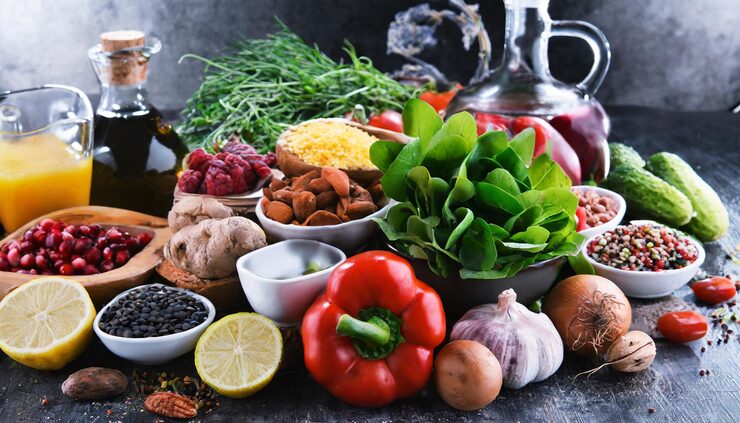
Your best health allies are fresh, unprocessed foods that are in season. Whole grains and vegetables form the foundation of a healthy diet, particularly for maintaining good eyesight. In the warmer months, focus on raw fruits and vegetables, especially berries like blueberries, raspberries, and strawberries. These support liver detoxification and oxygenate the blood. In colder months, shift to warming foods such as soups, cooked grains, steamed root vegetables, and legumes.
Choose Organic Whenever Possible
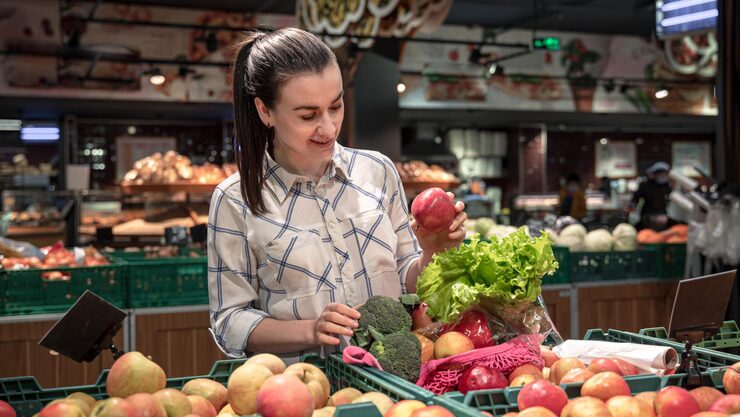
Food supply is now flooded with chemicals and hormones. These toxic additives can harm and weaken the immune system and negatively affect vision. Organic foods are grown without harmful chemicals and tend to have significantly more nutrients.
Avoid Fad Diets and Listen to Your Body

Extreme diets that promise quick results or massive weight loss without effort are not sustainable and often dangerous. They harm your metabolism and damage your vision. Instead, learn to trust your body's natural signals. Eat when you're hungry, and favor the foods that match the season and your needs.
Superfoods That Support Eye Health
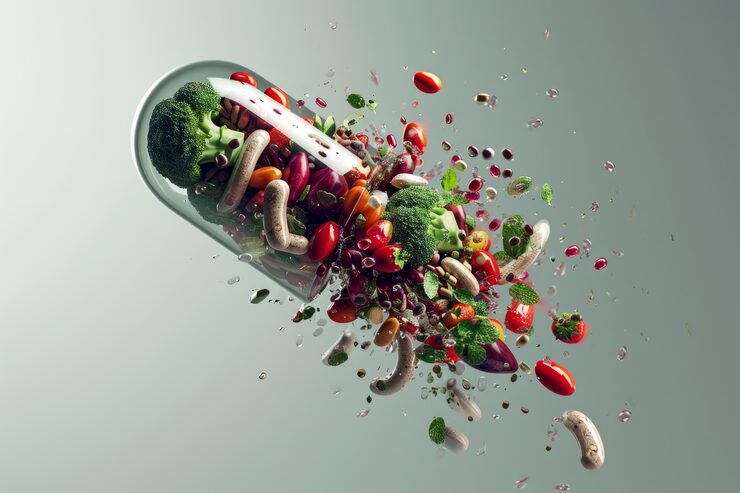
Seeds for instance are nutritional powerhouses. Sunflower seeds are especially good for the eyes. They contain vitamin D and vitamin B-2, which reduces sensitivity to light.
No list on vision-friendly food is complete without carrots. They are rich in vitamin A and enhance night vision. Make sure they are organic. Commercial carrots often absorb harmful chemicals from the soil, which neutralize their benefits.
For an all-around nutritional boost, consider adding a daily green superfood blend. Make sure to include spirulina and barley grass whenever possible.
Herbal Support for Vision

Several herbs are particularly beneficial for eyesight:
- Blueberry, bilberry, and raspberry teas enhance night vision.
- Parsley is rich in vitamin B-2 and improves day vision.
- Eyebright tea has been used for centuries to strengthen vision.
- Dandelion root and leaf teas help with near- and farsightedness.
- Lychi berries and chrysanthemum are used in Chinese medicine to cleanse the liver and support vision.
- Licorice root reduces inflammation and can improve eyesight when used in moderation.
Foods That Cleanse and Strengthen the Liver and Eyes

Eye vision is directly connected to the liver. As you may have noticed, taking care of your liver is a recurring theme when the well-being of vision is involved. Here’s a list of foods that detoxify the liver and can consequently enhance your vision:
- Vegetables: yams, squash, carrots, potatoes, beets, dandelion greens, celery, cabbage, broccoli, kale, chard, collards, green beans, peas, radishes, and mushrooms.
- Fruits: blueberries, raspberries, mangos, grapefruit.
- Seeds: sunflower and pumpkin seeds.
- Superfoods: kombucha tea, spirulina, green barley, green kamut, blue-green algae.
Whole grains like oats, barley, rye, and buckwheat strengthen the nervous system and improve eye nerve function. Oats are also rich in silicon, promoting shiny eyes, strong nails, and healthy hair.
Avoid Eye-Damaging Foods

Poor nutrition is a major reason why vision problems have skyrocketed over the last century. In the early 1900s, fewer than 10% of people were nearsighted; today, it’s more than 65%. Much of this is due to processed, artificial foods that weaken the body and damage the eyes.
Here’s what to avoid:
- Junk food
- Medications and antibiotics (unless medically necessary)
- White sugar and sugary drinks (including diet sodas)
- Commercial milk and dairy (opt for organic)
- Refined salt (use sea salt instead)
- White flour products (like bread and pastries)
- Lard, margarine, and low-quality vegetable oils
- Artificial sweeteners like aspartame and saccharin
- Soy and tofu (which are hard to digest and harmful to the liver)
Avoid Sugar
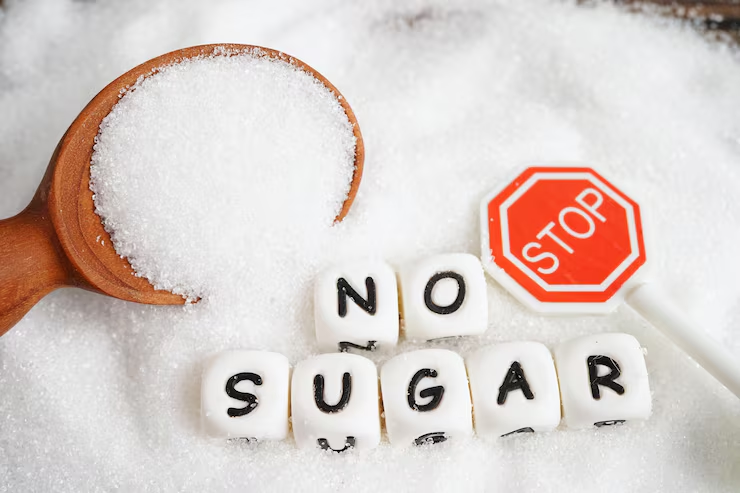
Sugar is one of the most damaging substances for your eyes. It depletes calcium and B vitamins and harms the liver and pancreas. Even "natural" sugars like honey and maple syrup can weaken the body when consumed in excess.
Sugar consumption also causes cataracts and inflamed eyes. If you want to preserve your vision, reduce all forms of sugar drastically. Even fruit juice, when consumed without dilution, can overload your pancreas. Always dilute juices with water and avoid sugary drinks entirely.
Artificial sweeteners are even worse. Aspartame, in particular, is a known neurotoxin. It was initially banned due to safety concerns but was later approved under pressure from food manufacturers. Today, it's found in most “sugar-free” and “diet” products. Instead, choose natural sweeteners like stevia, which is 300 times sweeter than sugar but has no calories and no side effects.
Reduce Salt and White Flour
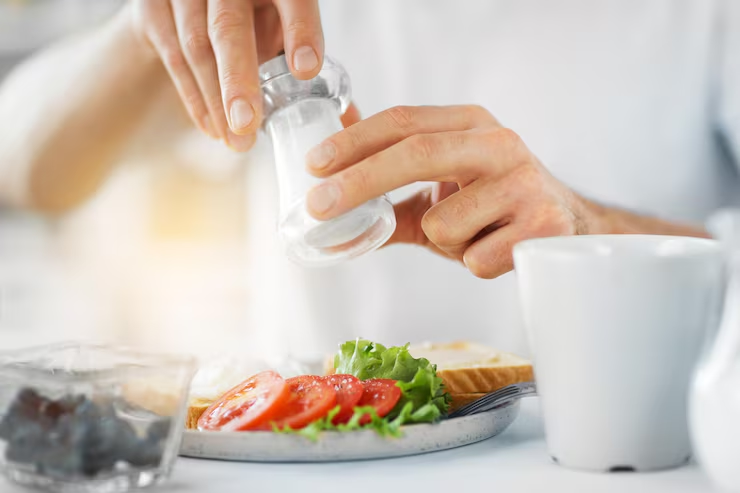
Too much refined salt leads to hardened arteries and poor circulation especially to the eyes. This can result in dim vision and even blindness. Stick to sea salt or vegetable-based seasonings like kelp powder. White flour is another vision hazard. It clogs the digestive system, leading to constipation, which is a condition strongly associated with blurred vision.
Understanding Fats and Oils

Fats aren’t your enemy but processed fats are. Your body needs healthy fats for brain function, hormone balance, and vision health, but most commercial oils are heavily processed and are damaged by heat.
Avoid the following oils:
- Margarine and hydrogenated oils
- Canola (rapeseed) oil
- Soy oil
- Cottonseed oil
These oils are often found in processed foods and are linked to artery blockage, hormonal disruption, and immune suppression. They can coat the eyes’ capillaries, reducing blood flow and damaging vision.
Instead, choose these healthy oils:
- Cold-pressed olive oil
- Sesame oil
- Sunflower oil
- Flaxseed oil
The Truth About Soy
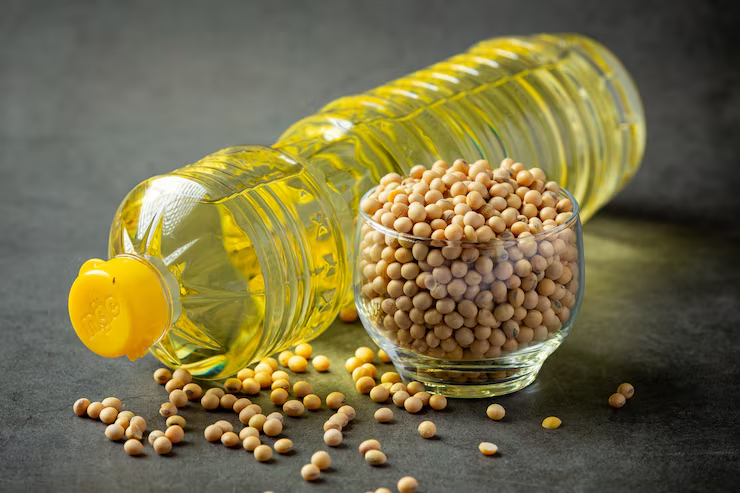
Soy products are heavily marketed as health foods, but research suggests otherwise. Soy contains toxic compounds like PHG (phyto-hemagglutinin), which causes blood cells to clump together, blocking circulation in the eyes, ears, and brain. Animals fed soy have shown shortened lifespans and poor health. Canola oil, often paired with soy in processed foods, carries similar risks.

























